01 – What is an Evaluator?
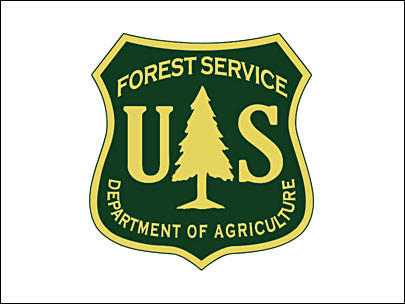 Founded in 2007, with a grant from the US Forest service, the Woodwork Career Alliance (WCA) is the first neutral association to award Credentials to woodworkers. Unlike other professional Credentials, it was felt that due to the serious safety issues involved in operating woodworking equipment, candidates should be required to be observed operating the tools and machinery in order to be evaluated properly. While a candidate may be familiar with the machine controls and can describe how to use a tool, it is a different matter to actually perform an operation on the tool. This is where you come in…
Founded in 2007, with a grant from the US Forest service, the Woodwork Career Alliance (WCA) is the first neutral association to award Credentials to woodworkers. Unlike other professional Credentials, it was felt that due to the serious safety issues involved in operating woodworking equipment, candidates should be required to be observed operating the tools and machinery in order to be evaluated properly. While a candidate may be familiar with the machine controls and can describe how to use a tool, it is a different matter to actually perform an operation on the tool. This is where you come in…
WCA Skill Evaluator
The heart of the WCA credentialing program is the Accredited Skill Evaluator (ASE). The ASE is responsible for performing skill evaluations on candidates. There are over 225 accredited evaluators in North America distributed throughout multiple regions in the U.S. and Canada. Each region is administered by one or more Chief Evaluators.
Accredited Skill Evaluator (ASE)
Skill Evaluators come from both industry and education and must have demonstrated expertise in the tools they wish to become qualified to evaluate. They must also be well-versed in the Skill Standards that cover those specific tools. Most WCA Skill Evaluators are either employed at a WCA MANufacturing member company, or a teacher at an WCA EDUcation member school. All EDUcation member schools must have at least one faculty member who is a Skill Evaluator.
Skill Evaluators must perform at least one operational evaluation on a minimum of four different candidates over the course of one calendar year to remain on active status.
Accredited Chief Evaluator (ACE)
Chief Evaluators have the same responsibilities as any Accredited Skill Evaluator. In addition, the Chiefs supervise the ASE’s in their region and serve as principal training officers for new ASE’s.
There is at least one Chief Evaluator in each of the nine (9) regions in North America. Some of the regions arebetter served by having more than one, either due to high enrollment in the region, and/or high industry involvement. After serving as a Skill Evaluator for a sufficient period of time, ASE’s may either apply, or be nominated, to be a Chief Evaluator for their region if one is needed.
WCA Regions
Below is a table showing the makeup of each of the nine WCA regions:
WCA Evaluator Requirements
- Individuals may apply for or be nominated by Members of the WCA board, or associated industry partners, to be an evaluator.
- All evaluators will be required to agree to a professional ethics agreement.
- Evaluators must complete this online training course.
- Evaluators shall respond to regular updates to maintain active status.
- Evaluators may only perform skill assessments on operations where they have the appropriate experience and qualifications to make appropriate judgements on the correct use of the equipment being evaluated.
- Evaluators may be skilled tradespersons, machinery technicians, production supervisors, woodworking educators, or anyone possessing expertise in the skills being evaluated and meeting the WCA criteria.

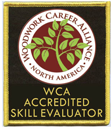


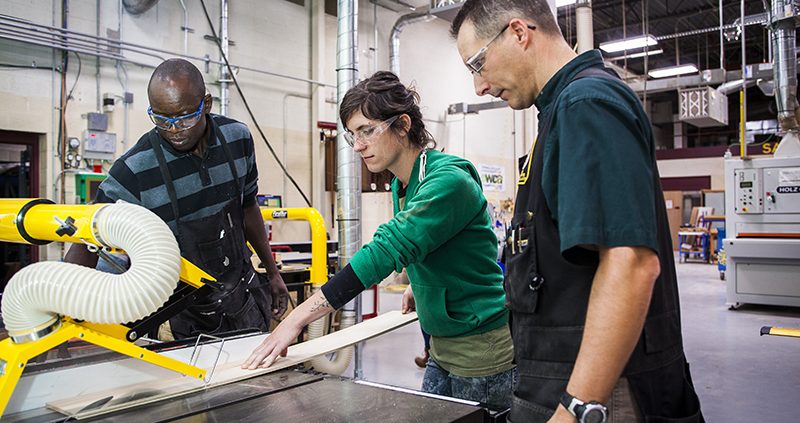
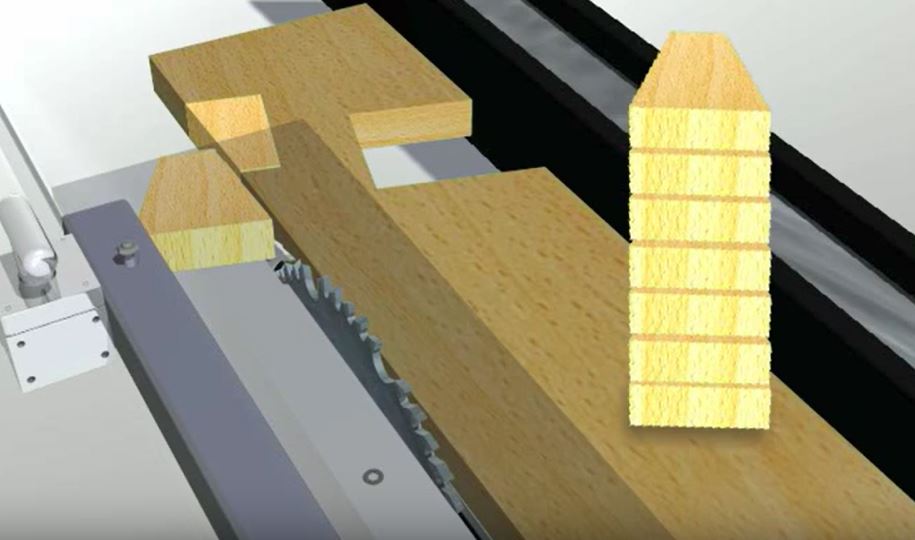
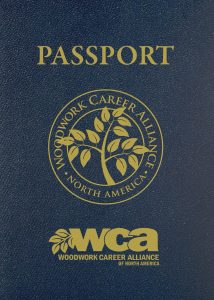


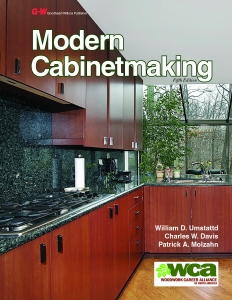

 As the opening of AWFS Fair in Las Vegas draws upon us, please remember to stop by our booth 9648! Let us show you how WCA’s Woodworking Skill Standards can help improve your school woodworking or company training program.
As the opening of AWFS Fair in Las Vegas draws upon us, please remember to stop by our booth 9648! Let us show you how WCA’s Woodworking Skill Standards can help improve your school woodworking or company training program.